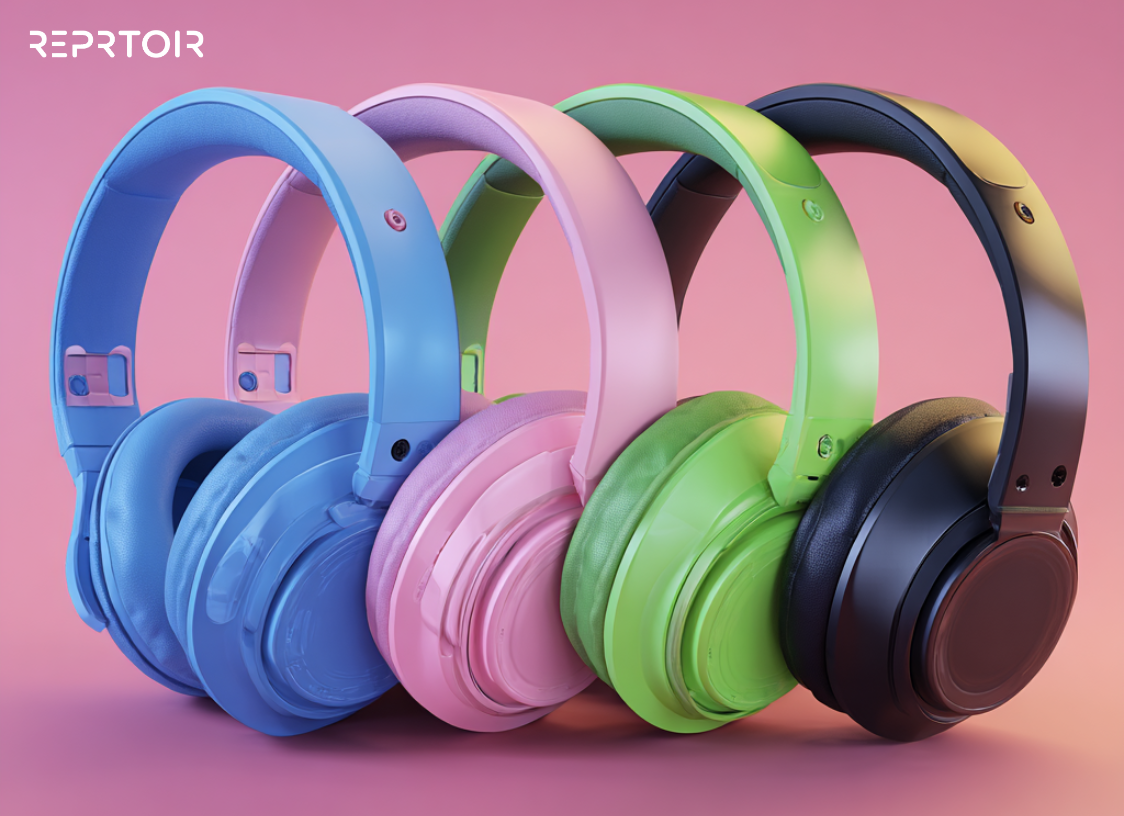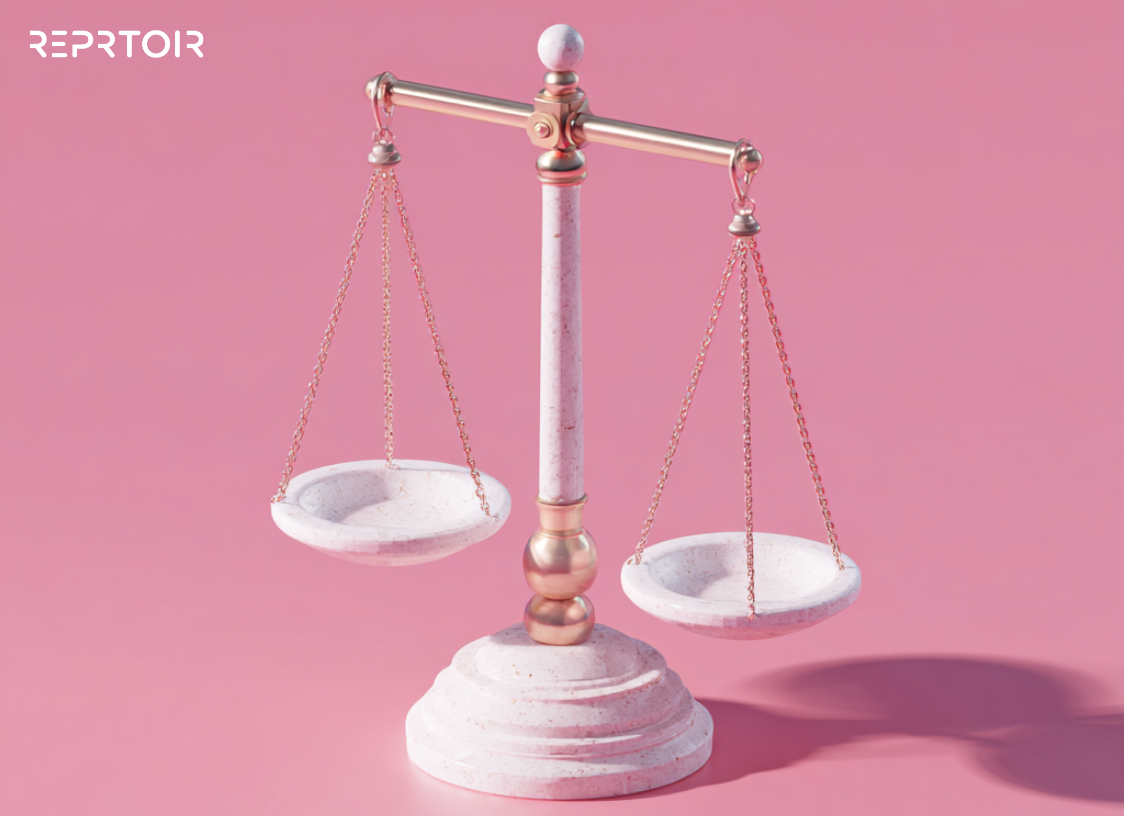Non-fungible tokens (NFTs) have become incredibly popular in the past few months, powering millions of dollars in sales within the artistic community. Many people and brands in the music and entertainment industries are now getting in on the action.
Although the numbers are undoubtedly impressive, they represent just a tiny part of the music industry's massive opportunity, thanks to the innovation of NFT musictech. NFTs provide artists with new ways to generate revenue, release their music, and interact with fans.
To get the complete picture of what is possible, we need to take a deeper look at what NFTs are.
What does NFT mean for music?
An NFT is a “Non-Fungible Token”. That being said, let’s take a moment to talk about blockchain first. Very simply put: Blockchain is a protocol, just like the Internet. Picture it this way: it is a virtual book, in which you can register information that won’t be altered in any way by anyone. From the creation of an information and its life within the blockchain it will remain as it is.
On this blockchain there are two types of tokens (so pieces of information that you can exchange): fungibles (Bitcoin for example) that are being exchanged on the blockchain, and non-fungible tokens (NFT). Let’s put it that way: 1 Bitcoin is 1 Bitcoin. 1 NFT is not necessarily 1 NFT.
The blockchain now offers the possibility to exchange from peer to peer (so not a copy of a file but the actual file, yes, that’s new). The NFT is traceable: it is possible to know who created the NFT, where it went and exactly who owns it at one definite time. So we are now able to create a digital scarcity for assets. Yay!
Now it’s pretty easy to transfer that to music: creating a rare digital asset means that it can be monetized. Musicians can create their own NFTs to auction off various digital assets to their fans whether it’s an image, Gif, audio, videos, etc. It’s not going to do the work by itself, it will need some community to back up the operation but the opportunity is there. An artist could make the NFT available as a limited release to multiple buyers or produce a one-off token available to a single owner.
The musician could then receive royalties each time the buyer of the digital token sells their music to someone else. It also gains more value as it becomes wanted. In this way, the NFT puts a lot of power in the artist's hands by giving them a new way to monetize their music or digital merchandise.
What are the benefits of NFTs for Music Industry Professionals?
NFTs are bound to affect music business models in some way. Whether this new practice is going to help a happy few within creators to monetize their creations or it gets adopted on a wider level, it opens up a world in which there are close to no intermediaries between artists and their communities. Something we talked about on our blog a couple of weeks back.
The Ability to Monetize more than Music
Besides their music, artists can also offer a range of artistic pieces and merchandise packaged as unique collectibles and sold to fans as NFTs. Possibilities can go from short videos to limited access to and NFT owners-only performances. Indeed NFTs are also looked at from a live point of view: it could help setting VIP passes for real or virtual events, relying on a strong community. This of course could be happening once the technology is being widely adopted which is not the case yet.
Giving Power back to Creators
What's more, the whole distribution network is verifiable. When it comes to how their property is sold and distributed, NFTs give artists 100% ownership and rights to their music. Blockchain technology and NFTs offer a massive advantage to music industry professionals by completely leveling the playing field, they can go around them and interact with their fans directly.
When you consider that NFTs can give artists the ability to develop new ways to interact with their fans, it always sounds like an amazing opportunity. It also means that there needs to be a community to begin with. One that is able to follow the artist onto the blockchain, buy NFTs and keep track of what is happening. For now, creating an NFT is absolutely not enough, and it is why it has worked so well only for well-established artists.
Strengthening The Relationship With Fans
NFTs allow the fans to own rare collectibles directly from their favorite musicians - from special, limited-edition music releases to concert tickets that provide undeniable proof that they attended a concert. The collectible has a deeper meaning for the fan when it comes directly from the artist instead of a distribution platform. The result is a stronger relationship between the artist and the fan.
Tracking Rights and Royalties to take full Advantage of NFTs
Luckily, Repertoir - the all-in-one digital workspace for music professionals - has a Royalties Manager to help track sales of blockchain music tokens and benefit from NFT music. Are you ready to sell your music and merchandise using NFTs? Click here for more information our Royalty Accounting solution.











